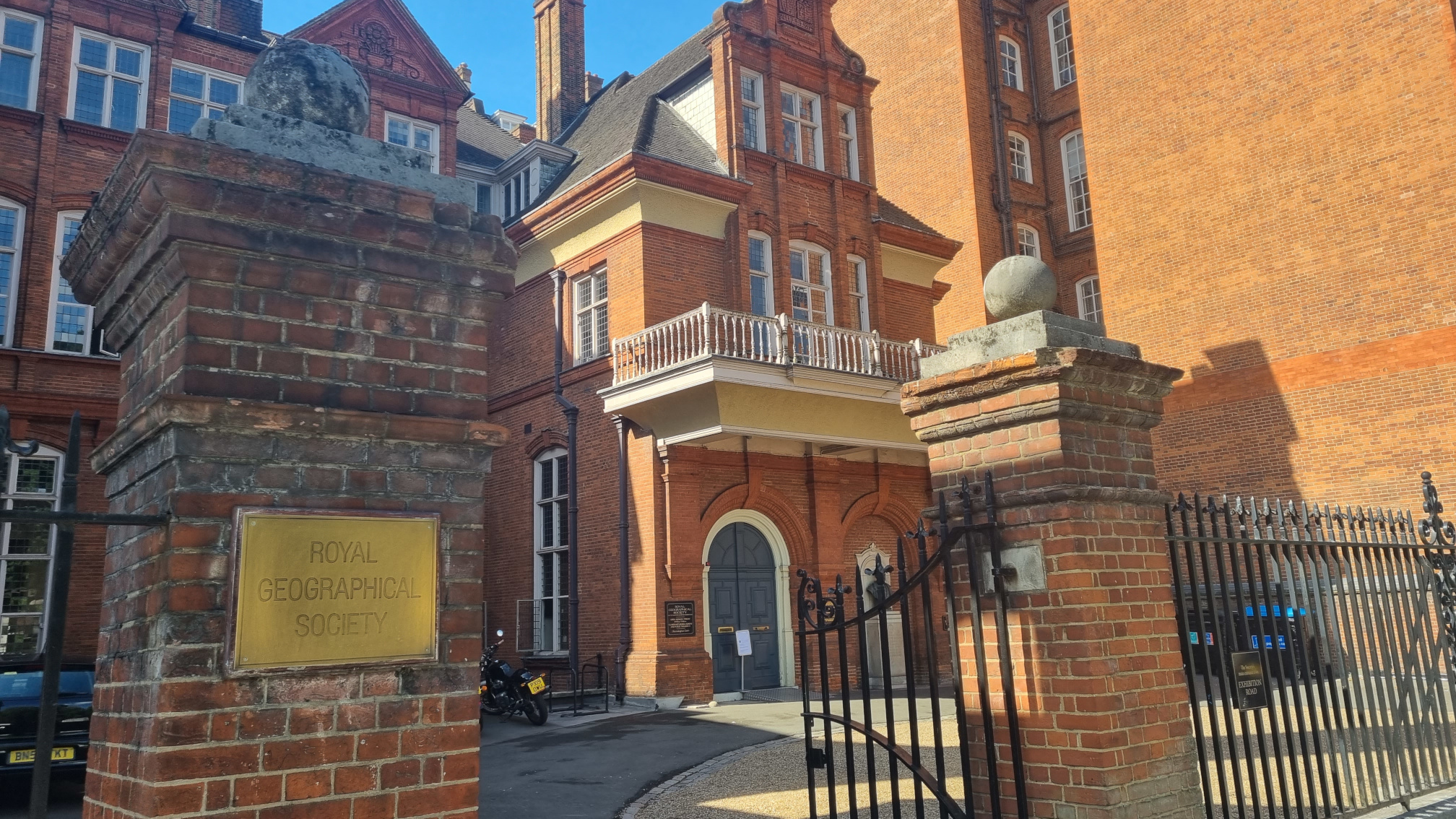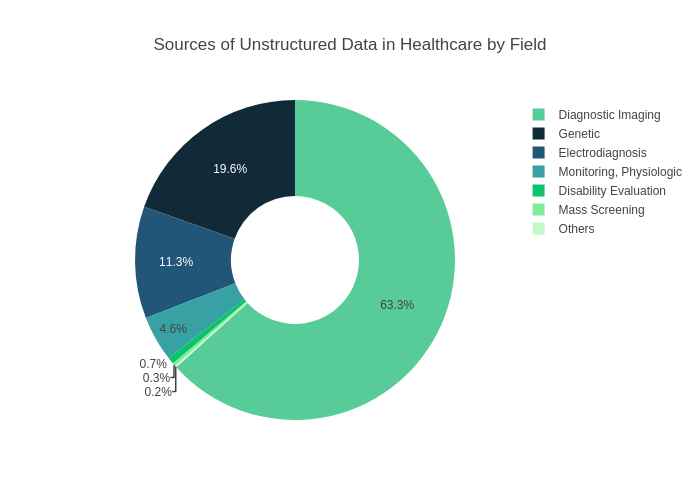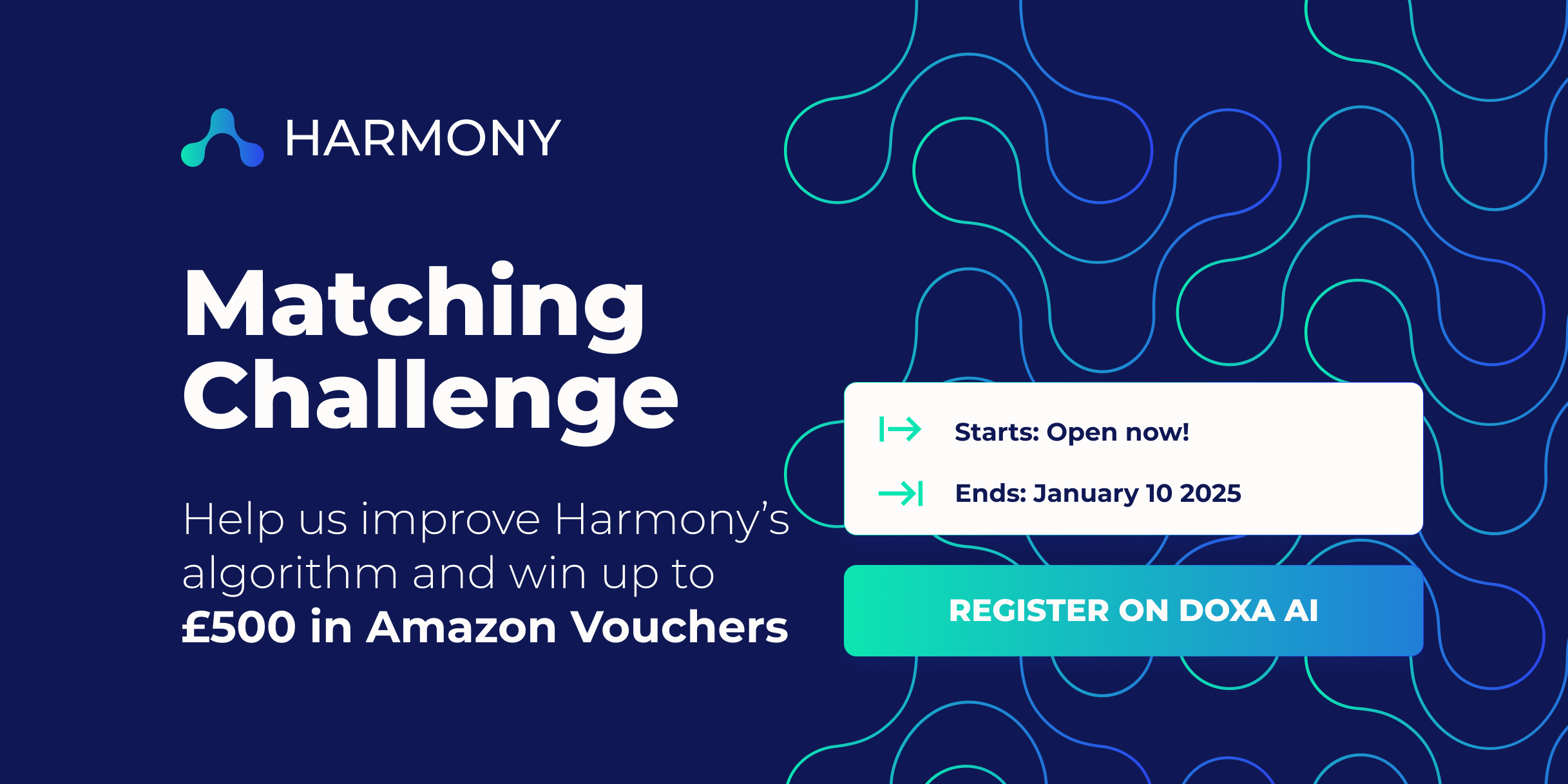
Fast Data Science appeared at the Hamlyn Symposium event on “Healing Through Collaboration: Open-Source Software in Surgical, Biomedical and AI Technologies” Thomas Wood of Fast Data Science appeared in a panel at the Hamlyn Symposium workshop titled “Healing Through Collaboration: Open-Source Software in Surgical, Biomedical and AI Technologies”. This was at the Hamlyn Symposium on Medical Robotics on 27th June 2025 at the Royal Geographical Society in London.

Unstructured Data in Healthcare with NLP Introduction In today’s digital healthcare landscape, data plays a pivotal role. However, while medical records, patient feedback, and clinical research generate vast amounts of information, not all of it is easy to manage or analyze. In fact, the majority of this data is unstructured, making it difficult for traditional tools to process effectively.

Fine tuning a large language model refers to taking a model that has already been developed, and training it on more data. It’s a way of leveraging the work that has already gone into developing the original model. Fine tuning is often used to adapt a generalist model for a more specific domain, such as mental health, legal, or healthcare, and in this case it’s also referred to as “transfer learning”.

We often hear about the potential for AI in healthcare, or how it could transform organisations like the UK’s National Health Service. The UK has set up the NHS AI Lab with areas of focus such as AI imaging, AI ethics and regulation. In the USA, AI in healthcare is expected to save over $200bn from annual medical spending.

How NLP Enhances Healthcare Delivery and Operations (+ 8 NLP Strategies and 8 Applications) In recent years, there has been a lot of news about Natural Language Processing (NLP) and its applications for healthcare. NLP is the field of computer science and AI focusing on getting computers to understand how we speak and write. NLP is changing healthcare for a number of reasons. For example, in many healthcare systems there is an overwhelming amount of patient information and notes that need quick sorting. NLP in healthcare helps improve patient care and makes healthcare work better.

In 2016, the British computer scientist and Turing Award winner Geoffrey Hinton stated: We should stop training radiologists now. It’s just completely obvious that within five years, deep learning is going to do better than radiologists.

One study estimates that the human body can generate data amounting to 2 terabytes every day. This data may include activities related to the brain, heart, stress, sugar levels, and more. But to handle such copious amounts of data, advanced technologies are needed, and this is where public health and data science converge.

This week, at the World Health Summit 2023 in Berlin, Kristy Kade of the US based non-profit White Ribbon Alliance spoke to delegates at a World Health Organization event about the Women’s health and well-being: What do women want? campaign.

Informatics and data science in any sector, and not just healthcare, are two very distinct fields. While informatics focuses on coming up with systems for the collection, storage, and management of data, data science is all about using the right tools to gain valuable insights through complex analytics. So, when we attempt to understand healthcare data science vs. healthcare informatics – the former is used to analyse data in order to find real-world solutions to problems, while the latter simply provides the infrastructure for it.
What we can do for you